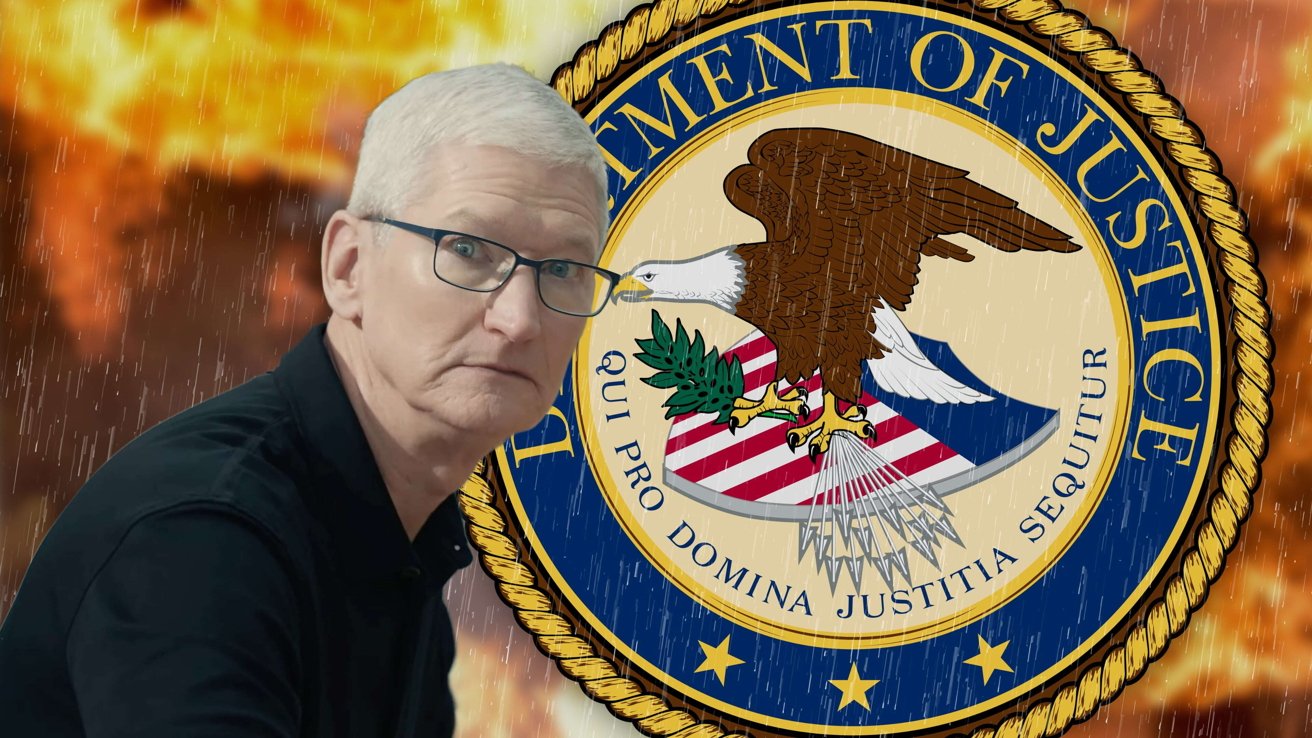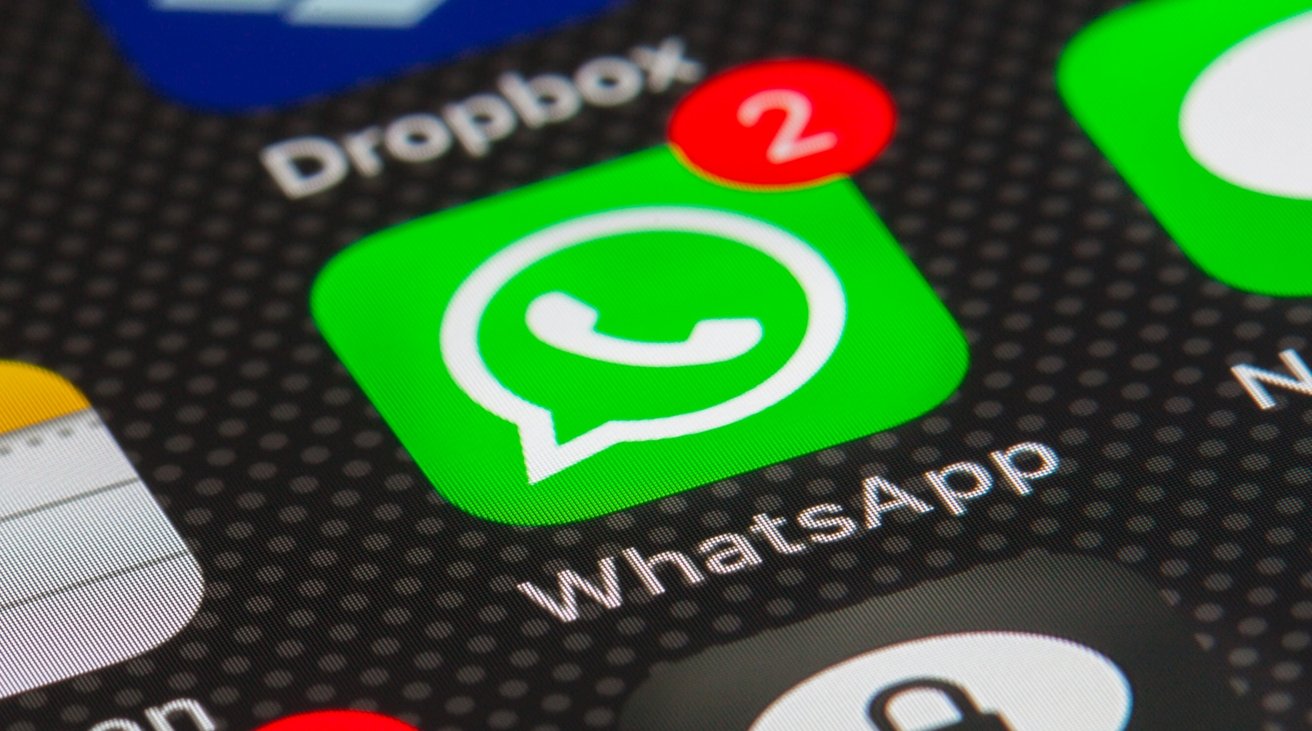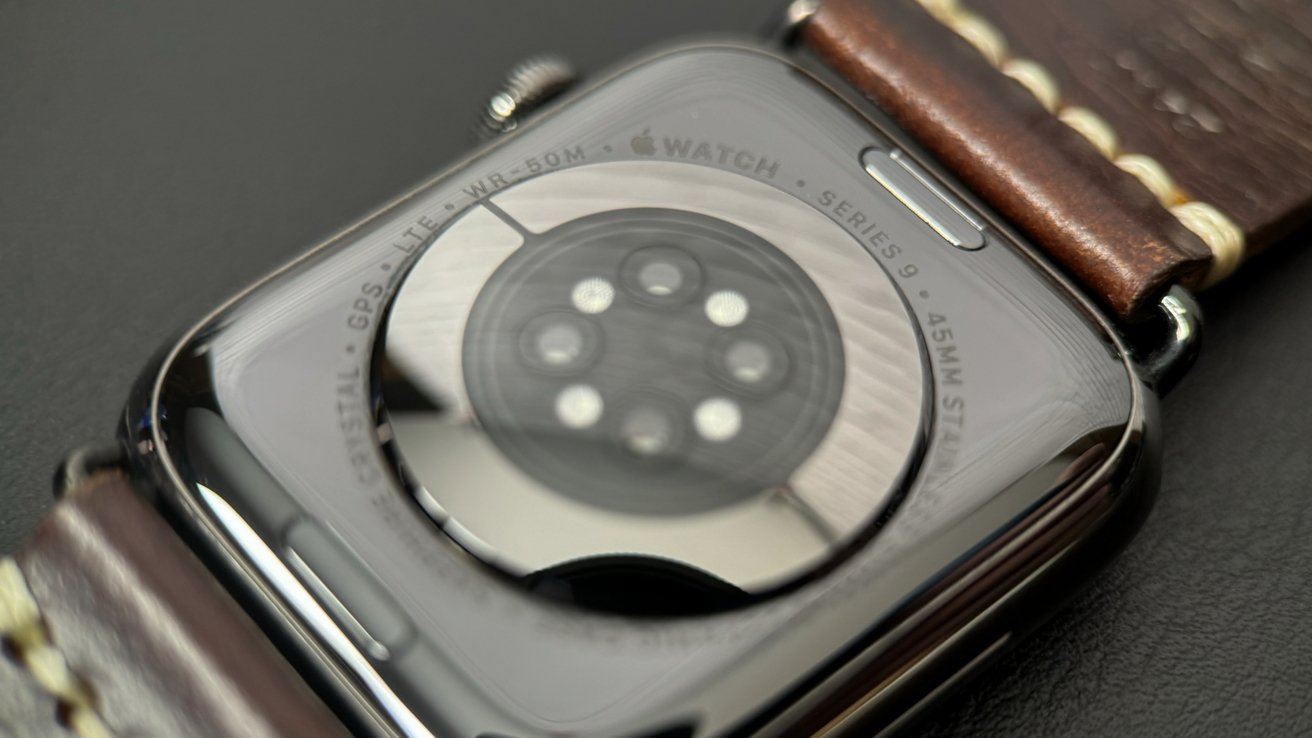The Department of Justice's massive antitrust lawsuit against Apple is based on old information. Merrick Garland and company are going to lose big if they rely on arguments where practically every point made is no longer true.
When a lawsuit from the feds includes a ridiculous statement that is possibly the dumbest thing we've ever heard said about Apple, and we're about to share it with you, you know it's going to be a whopper, start to finish.
"To protect its smartphone monopoly — and the extraordinary profits that monopoly generates — Apple repeatedly chooses to make its products worse for consumers to prevent competition from emerging."
You'd think that since the Department of Justice's suit was years in the making, and its concerns were not a secret, that statement might have been edited out because somebody along the way spotted the sheer lunacy of it.
Anyway, through it all, and while the DoJ was crafting that literary brilliance, Apple has been having a back-and-forth with the DoJ for years about "extraordinary profits," and other antitrust matters. Clearly, Apple knew what they were being asked.
Upon retrospect, Apple has been acting specifically to counter the criticisms it knew was coming.
The result is that Apple has already addressed almost every point the DoJ made on Thursday.
Let's start by looking at Attorney General Merrick Garland's points about Messages. He clearly isn't up on the news, or who is responsible for the poor quality of messaging between Android users and iPhone owners because of SMS/MMS.
Messages, SMS, and RCS
One part that was perhaps simply incorrect even before any corrective action by Apple concerns messaging. The DOJ argues that Apple has forced people to buy iPhones in order to message people.
To be generous to the DOJ, it is probably thinking of Apple's own iMessage, and how that has been limited to Apple devices and Apple users. But Apple already announced — in 2023 — that it will add support for RCS message users to interoperate with iMessage ones.
The DOJ does not appear to be clear on this point. Instead, it blanketly criticizes messaging apps.
"Apple makes third-party messaging apps on the iPhone worse generally and relative to Apple Messages, Apple's own messaging app, by prohibiting third-party apps from sending or receiving carrier-based messages," says the suit. "By doing so, Apple is knowingly and deliberately degrading quality, privacy, and security for its users and others who do not have iPhones."
This is just nonsense. There are iPhone apps for just about every messaging service available, and none have a user base limited by Apple.
It's practically the reverse. The most popular messaging service globally is WhatsApp. It would not have the user base it does without Apple and the iPhone.
The poor quality of shared images and videos from Android to iPhone brought up in press conferences isn't related to anything Apple is doing. SMS/MMS is at the core of that and is relatively archaic.
Apple has nothing to do with the SMS standard. RCS adoption later in 2024 will cover absolutely every point that the DOJ made.
We await the DoJ suit against the carriers for allowing SMS to persist.
Apple's closed ecosystem
According to the DOJ, Apple is violating section two of the Sherman antitrust act by limiting third-party access to hardware and software features that only it exploits. The DOJ is referring specifically to the limitation of digital wallets and how Apple allegedly denies rival firms access to the iPhone's near-field communication (NFC) hardware.
However, Apple opened up the iPhone's NFC capabilities with the introduction of its Tap to Pay on iPhone feature.
Since its launch two years ago, firms around the world have been switching to it instead of maintaining their own separate hardware.
The DOJ claims that there is a similar issue with the Apple Watch having preferential treatment on the iPhone. According to the new suit, Rival smartwatches have limited access to software and hardware features.
This one is harder to follow because Android watches work best with Android phones, too. Plus, while it may not have been a success, Apple opened up its GymKit technology so that the Apple Watch's health features could work with Peloton exercise machines.
There is no legal requirement anywhere that Apple make applications to assist with third-party integrations of smartwatches. This is up to the integrators. The key integrators, Google and Samsung, have chosen not to do so for reasons only known to themselves.
Then, too, the DOJ's wording seems less factual and more biased to personal preferences.
"Apple has denied users access to high performing smartwatches with preferred styling, better user interfaces and services, or better batteries," it says.
There are reasons that the Apple Watch is the most successful smartwatch, and they have nothing to do with Apple denying users anything. In 2022, the iPhone had about half of the US smartphone market, and about 62% today. It might even have Garland's spurious "70% of the performance smartphone market," whatever market that means.
Apple tried to make Apple Watch compatible with Android, and chose not to, as is its right. AppleInsider has confirmed that the company tried for years to make it work, but didn't want to compromise the product in doing so.
Garland's incredibly specific statement about the smartphone industry, like Epic's definition before his, is to fulfill the general legal standard of about 70% and up meaning monopoly. If you use a sane market definition of all smartphone users, that means there are nearly exactly as many Android users who can enjoy their "better user interfaces."
Apps and games
"Cloud streaming games... can improve smartphone competition by decreasing the importance of expensive hardware for accomplishing high compute tasks on a smartphone," says the DOJ. "Suppressing cloud streaming games harms users by denying them the ability to play high-compute games, and it harms developers by preventing them from selling such games to users."
The DOJ makes an excellent point here, except it presumably researched this section some time ago. Apple refused to allow cloud streaming, but whether that's as crucial as the DOJ says or not, it's no longer the case.
Just a month ago, Apple said it was changing how it handled game streaming apps. Before, it allowed them, but Apple needed to review every piece of content streamed.
In the revision two months ago, game streaming services can have a single app, the way it should have been.
So, it's not clear what data the DoJ was operating from here in its filing complaining about it — but it's certainly not current.
Super Apps
Of the DOJ's main criticisms of Apple, just one might still warrant a debate. It's whether Apple bans super apps, which the DOJ defines as apps that "provide a user with broad functionality in a single app."
The best-known example of a super app is China's WeChat. It is the dominant app in that country, and it's a wildly popular combination of social media, payment, sales, and messaging services.
Only, one reason it's the best-known example is that as well as many other platforms, it's on the iPhone. And rather than trying to block it in some way, Apple actually has a store of its own on WeChat.
Facebook/Meta's presence on the iPhone is also very clearly a super app. It also has social media, payment, sales, and messaging services, all in one spot.
This one baffles us. There's no ban on "super apps," and it's a vague enough term that it means nothing at all.
This is only the start, there is so much more to come
The same as it took years to get to this point, it is going to take years to develop and come to a conclusion. And, it may die on the vine.
This didn't start under the Biden administration, it started in the ending years of the Trump one. It is, however, a tent-pole of what the Biden administration promised to do in the beginning to big tech.
And, this is all going to take years where political winds may change. It may not survive a Trump administration, and could easily outlast a second Biden term too.
Beyond political concerns, we've already had some conversations with antitrust lawyers in DC. They all told us two things.
First, they'll have to prove that there's consumer harm, and that is going to be very difficult. Other smartphone vendors have had similar price increases in hardware and services, because of supply chain issues, and the events of the last four years — so there's no real basis there.
It will be impossible to prove consumer harm from a $1600 iPhone when Android vendors have devices that cost far more than that.
And second, the DoJ will have to change its tack on how it seems to feel that developers have a right to be on Apple platforms, unfettered. They do not, any more than Target products have a right to be on WalMart shelves, or Tesla has a right to be in Ford dealerships, and the like.
The US Supreme Court has said, time and again, that companies and businesses are free to choose who they deal with — as well as the prices, terms, and conditions of any dealing. Presumably, the DoJ is aware of this.
The forthcoming trial
It is likely that the threat of the DOJ's investigations is what has made Apple improve what it's improved, or change what it has changed. In that case, the investigation was worthwhile.
The suit itself, as it stands, simply is not. Bringing up an email, and leading the suit filing, with an email exchange from a dead CEO from well over a decade ago, when Apple wasn't even close to dominant and was fighting against larger and more established competitors lacks context, and has no bearing on 2024 Apple.
Rather than combat Apple's alleged practice of somehow choosing "to make its products worse for consumers to prevent competition from emerging," like we lead with, the suit has nothing left to do.
"The Court's role is not to analyze, indefinitely, the quality of algorithms that Apple develops for use by each individual third-party developer in order to ensure that the quality never degrades for any purpose," the court said in AliveCor vs. Apple. "Such an order could restrain competition by discouraging companies from making product improvements that benefit consumers as a whole to the detriment of certain parties who prefer the status quo."
As it stands today, based on the arguments in the filing, the Department of Justice is going to lose and lose big. The real consumer loss that will be obvious and clear will be the massive taxpayer expenditure that will be lit on fire and fed to lawyers by this case.
And when it loses face as well as the case, the DoJ will, of course, appeal and pointlessly cost the taxpayer yet more money. If the DoJ wants to have a prayer of winning the suit, it needs to have folks better versed on technology file complaints and do the lawyering at trial.
And maybe, keep up with the news.
 William Gallagher and Mike Wuerthele
William Gallagher and Mike Wuerthele









-m.jpg)






 Christine McKee
Christine McKee
 Marko Zivkovic
Marko Zivkovic
 Mike Wuerthele
Mike Wuerthele

 Amber Neely
Amber Neely
 Sponsored Content
Sponsored Content
 Wesley Hilliard
Wesley Hilliard










158 Comments
Thank you for this analysis.
Joe Biden needs to go. I am sorry but I am not usually political but this guy is ridiculous
"